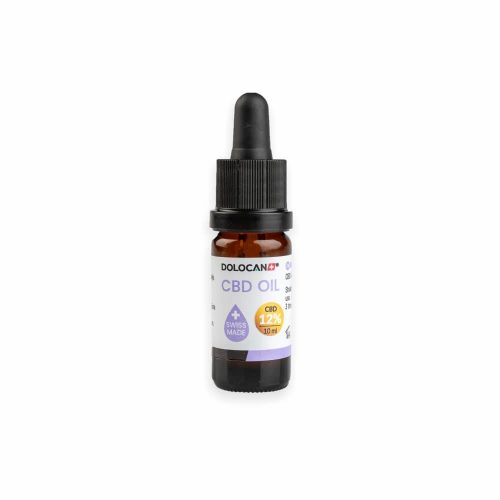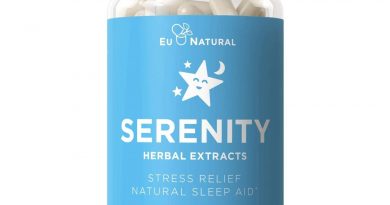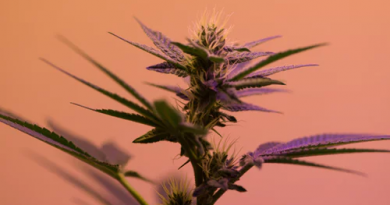Drugs that don’t mix with CBD
While cannabis use is increasing rapidly in recent years, research on cannabis is running behind. Many users talk about the physical and mental benefits of the cannabinoid compounds found in marijuana, but there is still ongoing research on the way in which these compounds affect the body and mind.
The effects of other drugs can potentially be accelerated or inhibited by cannabis.
Although cannabis is generally considered safe, it is still considered a drug. And similarly to prescription drugs, it can cause drug interactions, some of which can be harmful. In this article, we’ll have a look at some of these interactions.
How drugs interact
Enzymes in the liver are responsible for metabolizing and eliminating these drugs—specifically, the cytochrome P450 (CYP) family of enzymes. Of these enzymes, CYP3A4 is the most prevalent CYP enzyme in the liver, and it is the one responsible for metabolizing an estimated 50% of prescription medications used in clinical practice.
However, many clinically relevant drug interactions are known to be caused by the CYP enzymes. Some of these drugs induce metabolic activity in enzymes, while others inhibit drug metabolism, which changes the concentrations of drugs present in the body as well as their pharmacokinetic profiles.
Both THC and CBD are metabolized by CYP3A4. THC is also metabolized by CYP2C9, and CBD by CYP2C19. When cannabis or CBD is taken along with certain prescription drugs, THC and CBD can inhibit or induce the metabolic process. For example, CBD is a potent inhibitor of CYP3A4 and CYP2D6 enzymes, while THC is an inducer of CYP1A2.
Here’s a list of medications known to have drug-drug interactions with THC and/or CBD.
Warfarin
In patients taking warfarin the risk of bleeding is increased by cannabinoid use.
The narrow therapeutic window of warfarin, also means that even minor changes to the anticoagulant’s effect can increase the risk of bleeding and thrombosis. Because the metabolic activity of the CYP2C9 enzyme can be inhibited by THC and CBD, these compounds can increase warfarin levels and thereby increase the risk of bleeding.
Theophylline
Theophylline is a bronchodilator which is used for treating symptoms of asthma, bronchitis, emphysema, and other lung diseases. Smoke from marijuana may hasten the metabolic clearance of theophylline, potentially lowering the effects of the drug.
However, whether this interaction comes from cannabis or is due to the act of smoking is not known, since similar effects are caused by smoking tobacco. Another reason why this connection is being questioned is that no other form of cannabinoid induces the clearance of theophylline.
Clobazam
CBD increases the effects and the side effects of clobazam, a benzodiazepine used for treating seizures associated with Lennox-Gastaut syndrome in children and adults. Instead of being contraindicated, CBD was also approved by the FDA as treatment for seizures associated with Lennox-Gastaut syndrome, as well as Dravet syndrome. This prescription CBD was the first-ever marijuana-derived drug approved by the FDA, marketed as Epidiolex.
However, CBD is known as a CYP2C19 inhibitor. So, when using these two pharmaceuticals together, the CBD interaction contributes to clobazam’s efficacy, resulting in a three-fold increase in the plasma concentration of clobazam’s active metabolite. The downside of this interaction is that it also increases clobazam’s side effect of sedation. Because of this, clinicians are advised to lower the dose of clobazam when used together with CBD.
Valproate
Another drug that is prescribed to treat epileptic seizures is also Valproate, and it’s also indicated for treating manic episodes of bipolar disorder and for migraine headache prevention.
Taking CBD in conjunction with valproate can raise liver enzyme levels and this also may cause liver injury. The prescribing information for Epidolex recommends discontinuing or adjusting the dose of Epidiolex and/or valproate if this combination causes elevated liver enzymes.
Alcohol
Although it is not a prescription drug, alcohol is still a drug. As such, scientists have found that alcohol may increase THC levels immediately after smoking, even though the effect appeared to diminish soon afterward.
In order to understand the interactions of cannabis with these drugs more research needs to be done, as well as many other as-yet-unknown drug-drug interactions.




